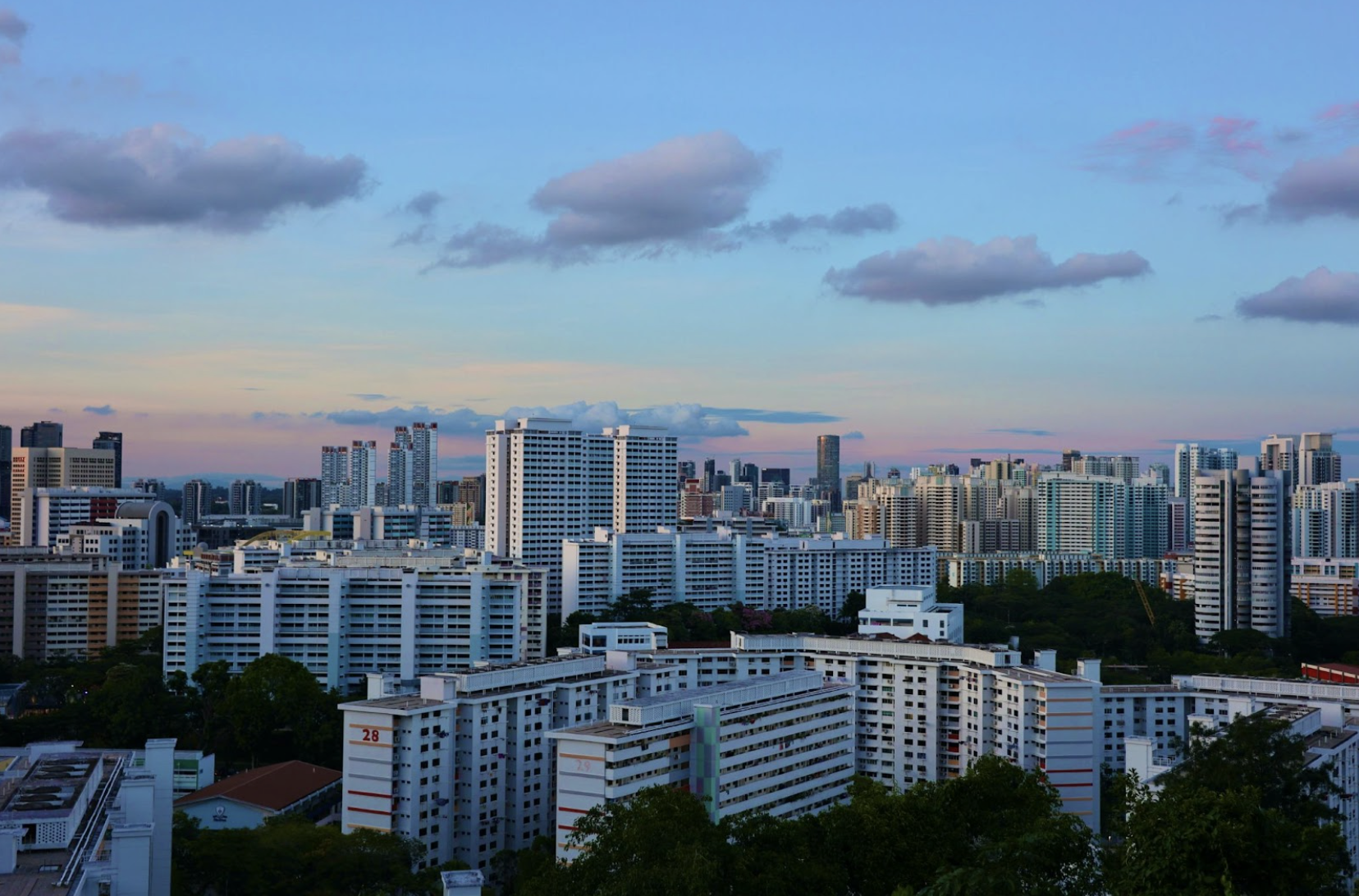Browse through our library of informative resources to stay informed and inspired


Yes, after living and working in Singapore for three years on an Employment Pass (EP) or S Pass, it is an opportune and strategic time to consider applying for Permanent Residency (PR). While there is no official minimum time, a 3-year period demonstrates a stable employment history, significant tax contributions, and a degree of social integration, which are key factors in a successful PR application.
Deciding to apply for PR is a major life decision. It’s a transition from being a temporary foreign professional to becoming a long-term stakeholder in Singapore’s future. This guide will provide a deep dive into the benefits, obligations, and crucial factors you need to consider to make an informed choice.
You’ve likely heard the “three-year” advice from friends or colleagues. While the Immigration & Checkpoints Authority (ICA) does not state a mandatory waiting period, this timeframe has become a widely accepted benchmark for several practical reasons:
Essentially, three years is enough time to build a compelling narrative that you are not just working in Singapore, but actively building a life here.
The leap from a work pass to Permanent Residency is significant. The benefits extend far beyond just employment security. Here’s a clear breakdown of what changes:
| Feature | Employment Pass (EP) / S Pass Holder | Permanent Resident (PR) |
| Employment Flexibility | Tied to a specific employer. Changing jobs requires a new pass application, which is subject to approval. | Freedom to switch jobs without applying for a new work pass. You can work for any employer or become self-employed. |
| Access to Public Housing | Cannot purchase new HDB flats. Can only buy private property or rent. | Can purchase a resale HDB flat (subject to eligibility) and apply for housing grants. Can also buy private property. |
| Healthcare Subsidies | Limited or no access to government healthcare subsidies at public hospitals and polyclinics. | Significant subsidies for medical bills at public healthcare institutions. Access to MediShield Life and MediSave. |
| Education for Children | Children (if on Dependant’s Pass) pay higher school fees. Admission to local schools is not guaranteed. | Children are given higher priority for admission into local schools and pay significantly lower, subsidized school fees. |
| Retirement & Savings | Not required to contribute to CPF. No access to CPF benefits. | Mandatory contributions to the Central Provident Fund (CPF) by both employee and employer, building savings for retirement, housing, and healthcare. |
| Long-Term Stability | Pass renewal is not guaranteed and depends on your employer, salary meeting prevailing criteria, and government policies. | PR status is valid for 5 years and renewal is a simpler process. Less uncertainty, and it is the necessary next step before one can consider the pr to citizenship pathway. |
Before you apply, you must fall under one of the eligible schemes. For most EP and S Pass holders, the Professionals/Technical Personnel & Skilled Workers (PTS) scheme is the most common route.
While the full list is extensive, you can refer to this ultimate Singapore PR application document checklist for a seamless process. Here are the essentials you should start organizing:
All applications are submitted online via the ICA’s e-PR system. It is crucial that all information is accurate and all documents are clear and correctly translated if not in English.

Meeting the eligibility criteria is just the first step. The ICA takes a holistic approach to every application, and several “unspoken” factors can significantly impact your chances of success. It’s also important to separate fact from fiction, which is why we’ve explored and busted several myths about Singapore Permanent Residency.
This is arguably the most critical factor. The government assesses if you can contribute meaningfully to Singapore’s economy.
The ICA wants to see that you are integrating into Singaporean society, not just living in an expatriate bubble.
Your background and stability play a vital role.
Becoming a PR comes with responsibilities. It is essential to understand these before you commit.
This is a critical point for families. Male children who are granted PR status as dependants are required to serve National Service once they turn 18. This is a non-negotiable legal requirement..
As a PR, both you and your employer must make mandatory monthly contributions to your CPF account. For the first two years, you will contribute at a lower, graduated rate before paying the full rate from the third year onwards. While this reduces your take-home pay, it is a powerful tool for building savings for retirement, housing down payments, and healthcare needs.
While PRs can buy resale HDB flats, they must pay an Additional Buyer’s Stamp Duty (ABSD) of 5% on their first residential property purchase. This is significantly lower than the 60% ABSD for foreigners but is a cost to factor in.

After three years on an EP or S Pass, you stand at a crossroads. Continuing on a work pass offers flexibility but comes with inherent uncertainty, as renewal depends on ever-changing economic conditions and government policies.
Applying for Permanent Residency is a commitment to a shared future with Singapore. It offers unparalleled stability, substantial financial benefits through subsidies and CPF, and the freedom to chart your own career path. By carefully weighing the significant advantages against the clear obligations, you can make a confident decision that aligns with your long-term personal and professional goals for getting pr in singapore.
The Singapore PR application process can be complex and demanding. Navigating this process alone can be daunting, and a single mistake can impact your outcome.
Engaging a professional pr application agency singapore can ensure your profile is presented in the best possible light, highlighting your unique strengths to maximize your chances of success. Our experienced specialists can guide you through every step, from document preparation to crafting a compelling application narrative.
Schedule a free, no-obligation consultation today to assess your chances and build a stronger case for your Singapore PR application.
Please share with us some details about your needs, we will get back to you.